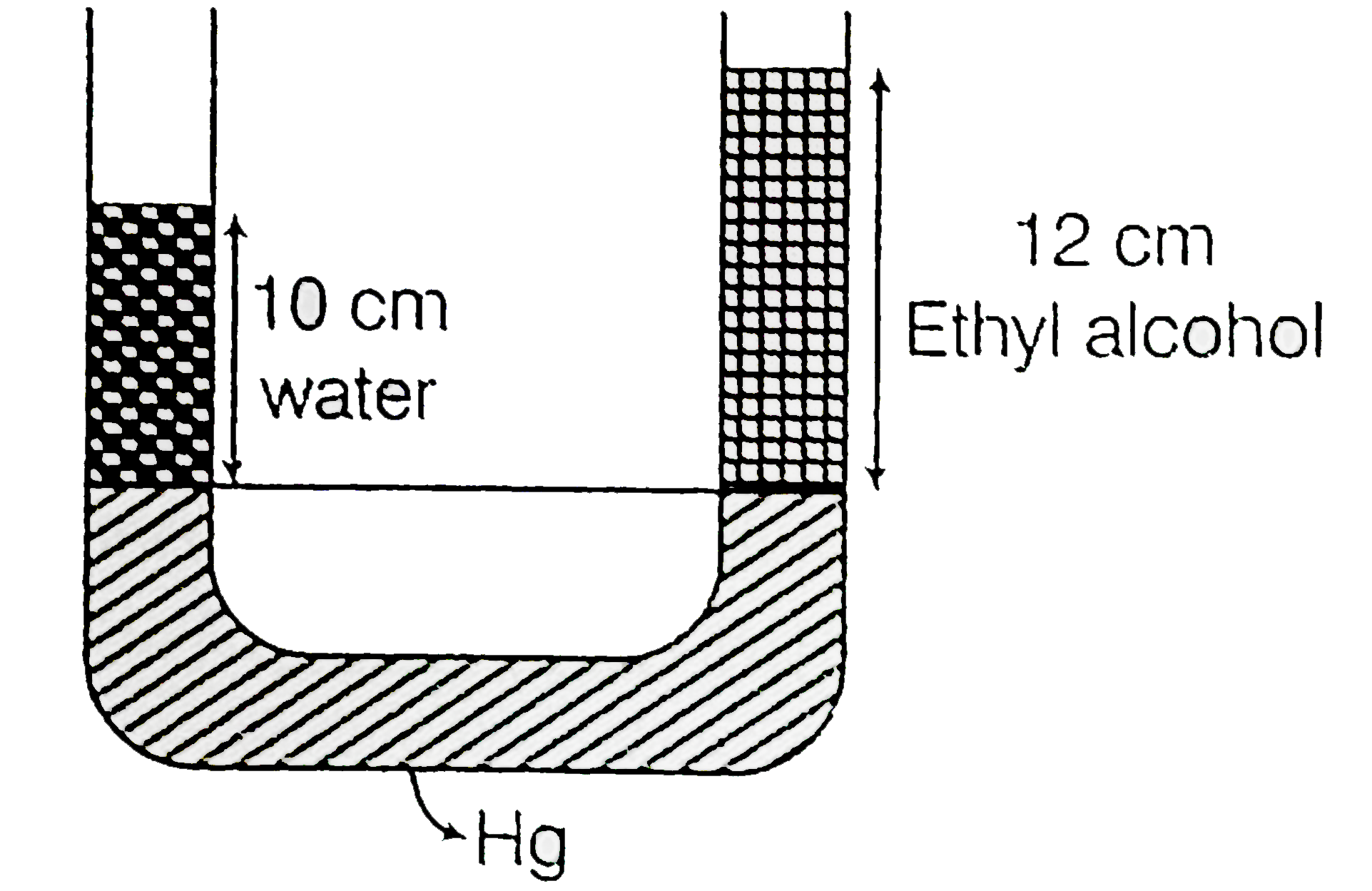Which of the following is boiled with ethyl chloride for the preparation of ethyl alcohol?
Alc.KOH
Aq.KOH
Conc.H2SO4
H2O2
The correct Answer is:B
To determine which reagent is boiled with ethyl chloride (C2H5Cl) for the preparation of ethyl alcohol (C2H5OH), we can follow these steps:
Step 1: Identify the Reaction
We need to convert ethyl chloride (C2H5Cl) into ethyl alcohol (C2H5OH). This involves replacing the chlorine atom (Cl) in ethyl chloride with a hydroxyl group (OH).
Step 2: Understand the Reagents
We have several options for reagents:
1. Alcoholic KOH
2. Aqueous KOH
3. H2SO4
4. H2O2
Step 3: Analyze Each Reagent
- Alcoholic KOH: This reagent is typically used for elimination reactions, leading to the formation of alkenes rather than alcohols. Therefore, it will not be suitable for our purpose.
- Aqueous KOH: This reagent contains hydroxide ions (OH⁻), which can act as a nucleophile. The hydroxide ion can attack the carbon atom in ethyl chloride, leading to the substitution of Cl with OH, thus forming ethyl alcohol.
- H2SO4: This is a strong acid and does not provide the necessary nucleophile (OH⁻) for the substitution reaction. It is not suitable for preparing alcohols from alkyl halides.
- H2O2: This is not a nucleophile and does not participate in the substitution reaction required to form alcohols.
Step 4: Conclusion
The only suitable reagent for the preparation of ethyl alcohol from ethyl chloride is Aqueous KOH, as it provides the necessary hydroxide ion (OH⁻) for the nucleophilic substitution reaction.
Final Answer
Aqueous KOH is boiled with ethyl chloride for the preparation of ethyl alcohol.
---
We need to convert ethyl chloride (C2H5Cl) into ethyl alcohol (C2H5OH). This involves replacing the chlorine atom (Cl) in ethyl chloride with a hydroxyl group (OH).
We have several options for reagents:
1. Alcoholic KOH
2. Aqueous KOH
3. H2SO4
4. H2O2
- Alcoholic KOH: This reagent is typically used for elimination reactions, leading to the formation of alkenes rather than alcohols. Therefore, it will not be suitable for our purpose.
- Aqueous KOH: This reagent contains hydroxide ions (OH⁻), which can act as a nucleophile. The hydroxide ion can attack the carbon atom in ethyl chloride, leading to the substitution of Cl with OH, thus forming ethyl alcohol.
The only suitable reagent for the preparation of ethyl alcohol from ethyl chloride is Aqueous KOH, as it provides the necessary hydroxide ion (OH⁻) for the nucleophilic substitution reaction.
Aqueous KOH is boiled with ethyl chloride for the preparation of ethyl alcohol.
Similar Questions
Knowledge Check
- Question 1 - Select One
Which of the following is boiled with ethyl chloride to form ethyl alcohol?
AAlcoholic KOHBAqueous KOHCH2ODH2O2 - Question 2 - Select One
Which of the following reagents, which heated with ethyl chloride, forms ethylene?
AAqueous KOHBZn/HClCAlcoholic KOHDHI - Question 3 - Select One
Which of the following chemicals are used for the denaturation of ethyl alcohol ?
ACH3OHBPyridineCanhydrous CaCl2DNaphtha
Which one of the following alcoholic drink has the least proportion of ethyl alcohol in it ?
View SolutionIn which of the following reactions, ethyl chloride is not formed ?
View SolutionEthyl bromide can be convertd into ethyl alcohol by
View SolutionEthyl bromide can be converted into ethyl alcohol by
View SolutionEthyl chloride is not useful in preparing
View Solution


